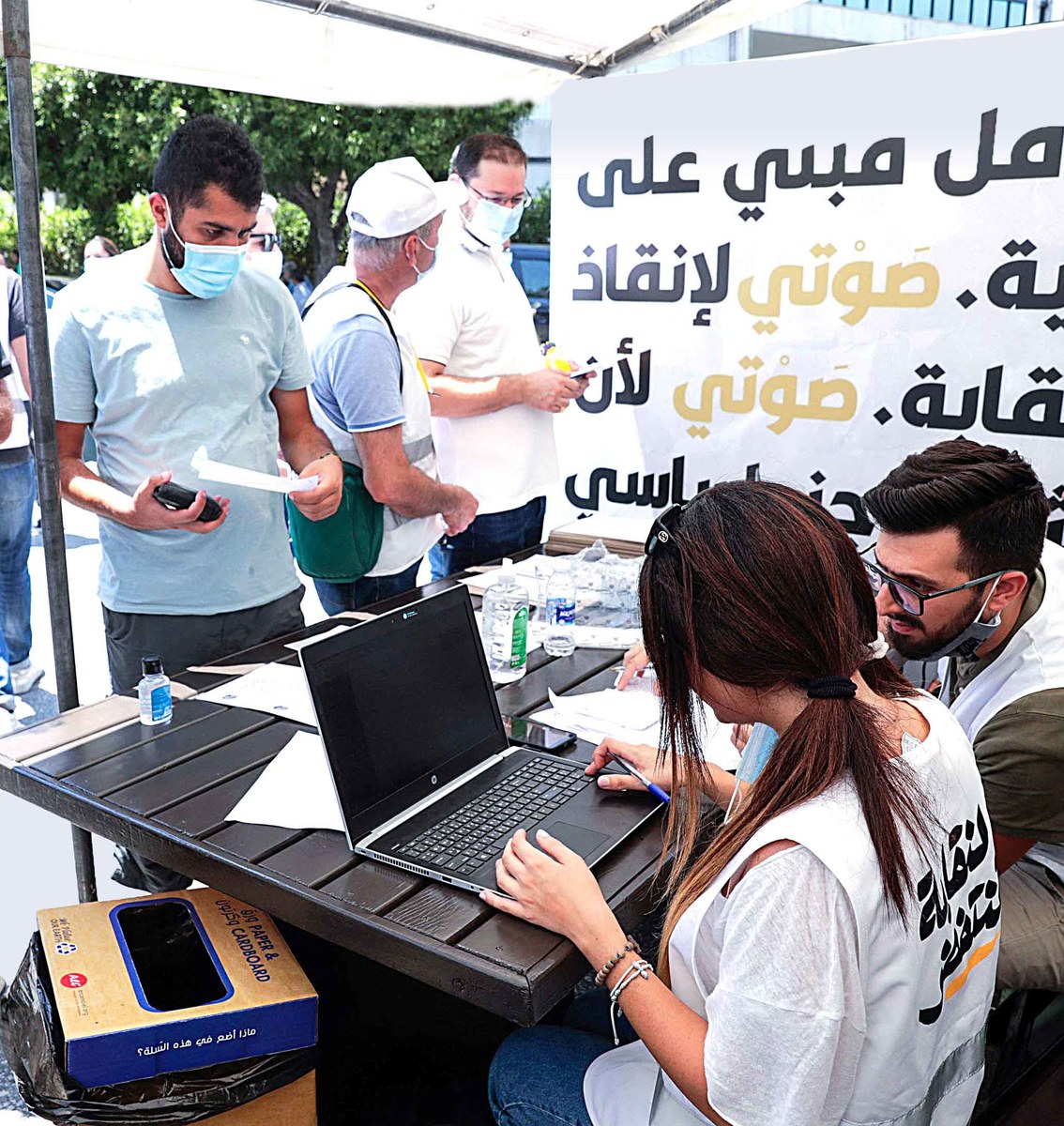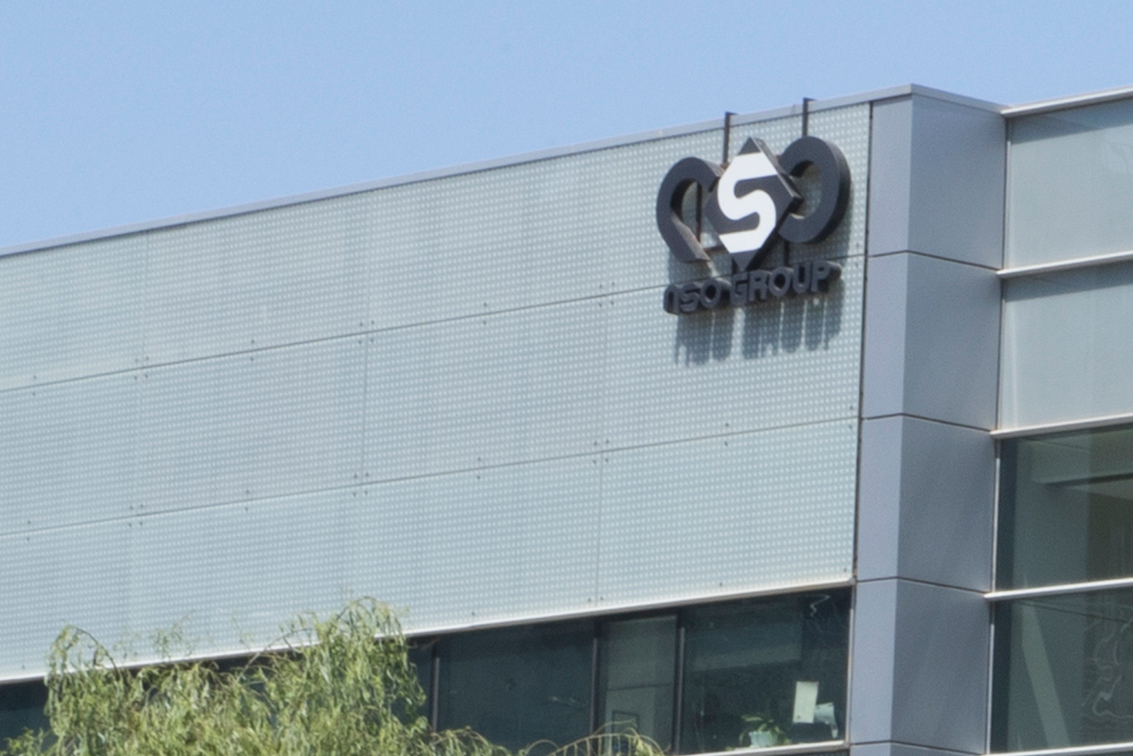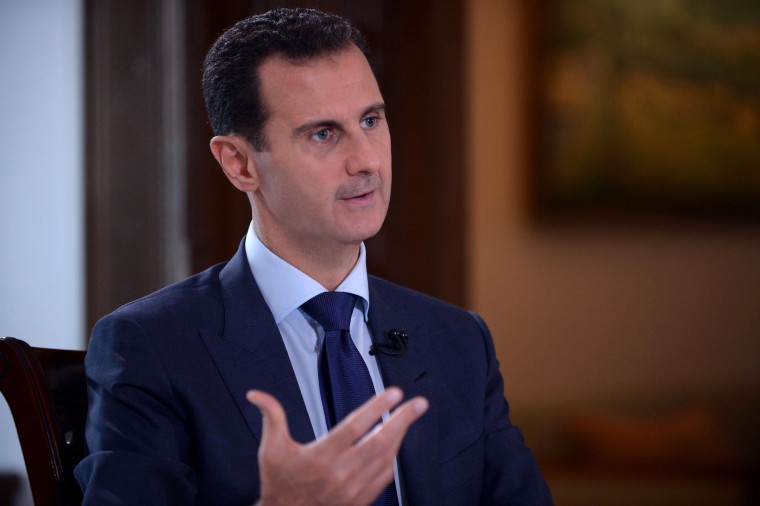:quality(70)/cloudfront-eu-central-1.images.arcpublishing.com/thenational/JIMYBUMTLTE6ORKK4N26HW6ARM.jpg)
by thenationalnews.com — Elias Sakr — Iraq will provide cash-strapped Lebanon with fuel in a deal that will help to increase power supply in coming months, Lebanese Energy Minister Raymond Ghajar said on Saturday. He was speaking on his return from Baghdad where he signed a one-year agreement to purchase one million tonnes of Iraqi fuel, to be paid for in Lebanese pounds. Iraq will spend the sum on Lebanese services, Mr Ghajar said. Lebanon, on the other hand, will swap Iraqi heavy fuel oil with spot cargoes of fuel suitable to run the country’s power plants. “At peak [power] production, the deal will ensure the provision of electricity for four months,” , Mr Ghajar told reporters at Beirut airport. “We hope other Arab countries follow suit and give us this opportunity because it is really a golden opportunity for us,” he said. The deal with Iraq will enable the state-owned power company, Electricite du Liban, to increase its power supply from the current level of less than two hours daily in many parts of the country once new spot cargoes are purchased and delivered, Mr Ghajar said.
Two weeks ago, EDL had to temporarily shut down two plants after running out of fuel. The plants provide up to 60 per cent of the country’s electricity. Lebanon’s decades-old power woes have intensified in recent months over shortages of diesel and other fuel. The central bank has reduced its subsidies of oil imports because of falling foreign currency reserves. Electricity supply has been unreliable in Lebanon since the end of the 15-year civil war in 1990. Since then, EDL has sold power at a loss. The country’s energy troubles have been compounded by the smuggling to neighbouring Syria of diesel used to run private generators that compensate for state power rationing. Acute shortages in diesel recently forced private generators to cut their power supply, plunging many areas across the country into hours-long daily blackouts that threatened to shut down hospitals among other vital facilities and businesses. Bakeries in some parts of Lebanon have shut down their ovens. Supermarkets said the lack of power impedes their ability to preserve perishable food.









